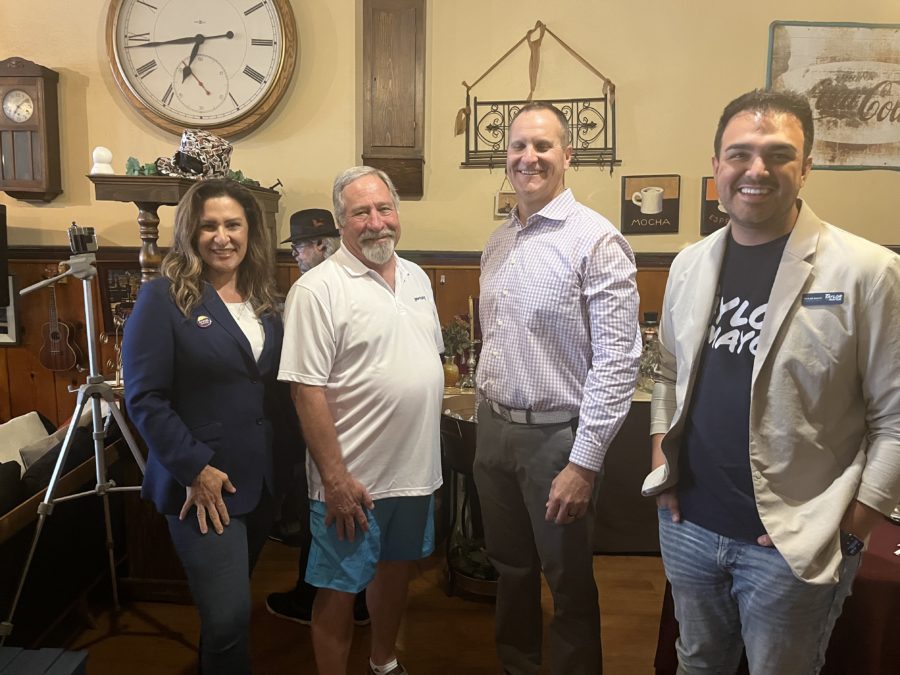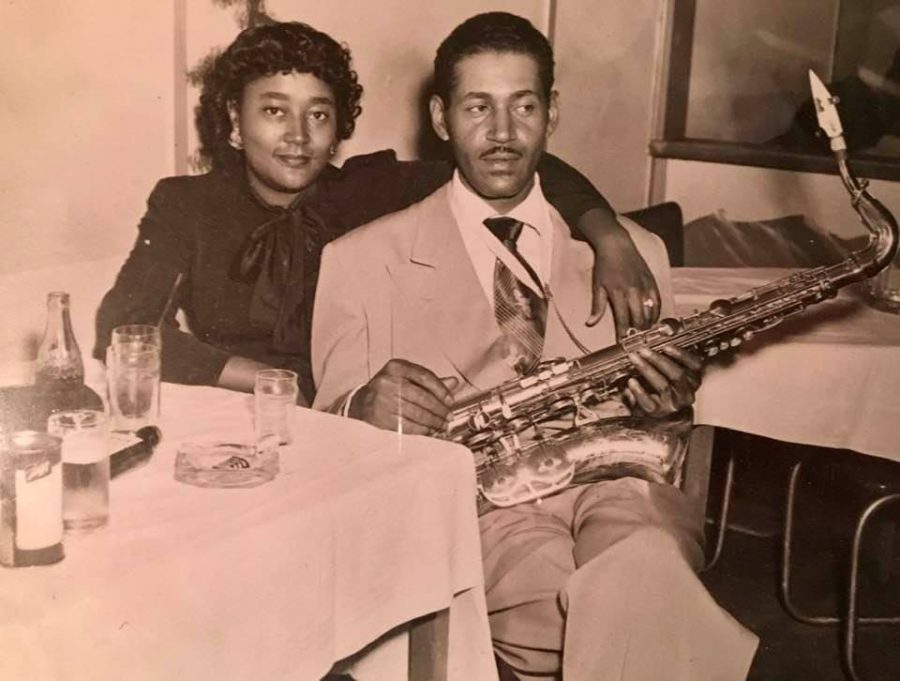
One morning nearly 2 1/2 years ago, Jaime Heiner struggled to get out of bed.
A full-time student at WSU and member of student Senate, Heiner had unique reasons for not wanting to face the light of day. Months before, a teacher she knew and trusted began sexually abusing her.
Heiner is one of half a dozen victims of sexual abuse reported at WSU the past three years.
Compared to the national average, Weber State boasts one of the safest campuses for forcible sex-related crimes.
Still, the years-long process of bringing Heiner’s abuser to justice was no less daunting for this fact.
After the highly publicized rape and murder of college student Jeanne Clery in 1986, the federal Jeanne Clery Act was signed into law in 1990, requiring institutions of higher education to disclose information yearly about crimes committed on their campuses.
The types of crimes reported includes murder, negligent manslaughter, forcible and non-forcible sex offenses, robbery, aggravated assault, burglary, motor vehicle theft and arson, among other things.
Each year, Weber State University must disclose all such crimes reported on campus in the previous three years. Though these numbers reflect all such crimes reported to police on campus, WSU Police Chief Dane LeBlanc is quick to note they don’t necessarily represent such crimes actually occurring.
“We average about five sexual assaults a year. Most of those don’t make adjudication,” said LeBlanc, explaining that some cases required to be reported under the Clery Act turn out after police investigation to be unfounded.
In any event, the Weber State Police Department is working hard to ensure a safe campus for all students, LeBlanc said.
“We have a relatively safe campus,” said LeBlanc. “We’re very visible, proactive. We’re in our residence halls.”
In the latest report, there were two forcible sex offenses on campus reported to the WSU Police Department in 2013, down from three reported in 2012.
Heiner, who was sexually abused by her ninth-grade teacher Stephen Niedzwiekci, reported one of those 2012 offenses. Niedzwiekci, who appeared before the parole board Tuesday for this offense, was an adjunct faculty member at Weber State at the time.
A member of the Early College program at Weber State at the time, Heiner earned college credit on campus while still in high school.
Heiner suffered abuse from Niedzwiekci at WSU’s Ogden campus and elsewhere along the Wasatch Front for a period of 20 months between May 2011 and December 2012. After Niedzwiekci began his abuse, he scared her into not telling anyone.
“He told me if I came forward my life would be over, his life would be over and it would be all be my fault,” Heiner said. “At the time I wanted to be a teacher and he told me that if I came forward, my name would be plastered across the news and nobody would hire somebody like me.”
It wasn’t until Niedzwiekci began abusing others that Heiner gathered the courage to step forward. She has since gone public with her story and become an advocate for victims of sexual abuse.
Victims are often reluctant to report sexual abuse, according to LeBlanc.
“A lot of times, victims of sexual assault don’t want to do anything about it,” he said. “They know it could get out in the media. They don’t want to be dragged through the mud over it.”
Recently, WSU police produced a brochure emphasizing the importance of reporting sexual abuse and detailing resources available for those who report such abuse.
“It’s important that (victims) do report it, because there’s evidence that can be collected and (they) may change their mind later,” LeBlanc said. “We’re obligated to make sure there’s no ongoing threats.”
In some cases, LeBlanc said police are required to issue timely warnings to students and faculty of danger. For instance, if an unknown assailant who sexually assaulted someone has not yet been caught, a physical description and other details can be sent out through email or, sometimes, through WSU’s Code Purple emergency notification system.
According to the Clery Act, a forcible sex offense includes rape, sodomy, sexual assault with an object and fondling.
Based on statistics gathered from all higher education institutions in the state, Weber State is slightly below average in reported forcible sex offenses. Among Utah institutions with a total enrollment exceeding 10,000, an average of three such offenses were reported in 2013, 4.6 in 2012 and two in 2011.
In turn, Utah is also slightly below the national average in 2013, but above average in 2012, compared to all such institutions of higher education.
Across 589 such institutions with a total enrollment greater than 10,000, four forcible sex offenses were reported on average in 2013 and 2012, with an average of three in 2011.
Also required in Clery Act annual reports are overviews of support systems in place for victims of sexual abuse.
LeBlanc is working to change training in place to help victims and potential victims of rape and forcible sex offenses, putting the responsibility of keeping the campus safe on all members of the school and community.
That was the theme of a new video produced by the university, encouraging students and faculty to contribute to a safer university environment with the slogan, “It’s on us.”
In the video, WSU students are shown taking responsibility to ensure a safe campus for all, echoing “It’s on us,” to prevent rape, dating violence and other crimes.
LeBlanc ultimately wants to end all kinds of sexual violence entirely.
“We’re working very hard to make sure we’re moving in a direction that’s going to end sexual assault, dating violence, domestic violence and stalking on our campus,” he said. “It’s about all of us in our campus working together to make sure that we’re going to put an end to these kinds of crimes.”
Many resources are available to victims of these crimes, with support offered from campus police, WSU’s Women’s Center, the WSU Counseling and Psychological Services Center and other individuals and institutions on campus and in the community.
Heiner’s experience bears this out, as she mentioned support from both faculty, student Senate and local police during and after she reported Niedzwiekci.
Now, working in Connecticut after receiving her associate’s degree from Weber, Heiner views her experience of being abused, reporting her abuser and wading through a protracted legal battle, with tremendous support from her community, as a gift.
“Somebody gave me a box of darkness,” said Heiner, paraphrasing the 20th-century poet Mary Oliver. “It took me a long time to realize this too was a gift.”



















